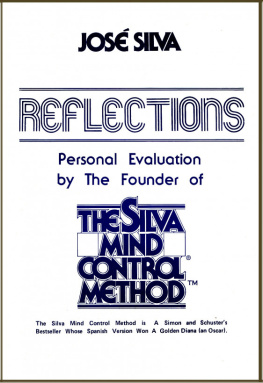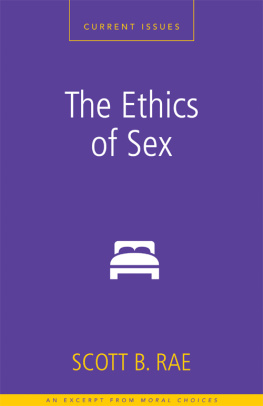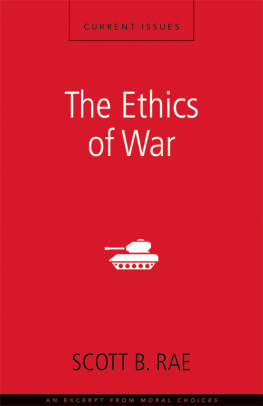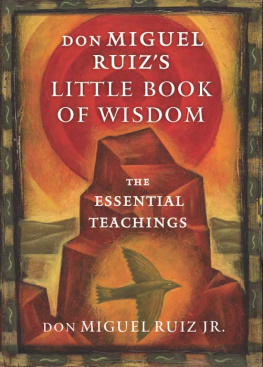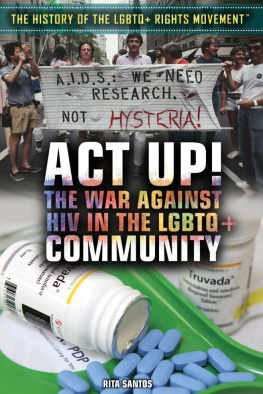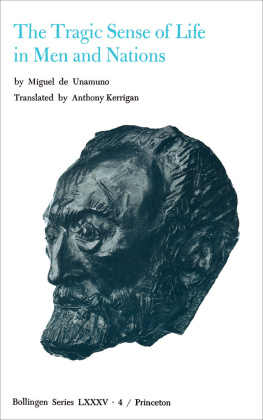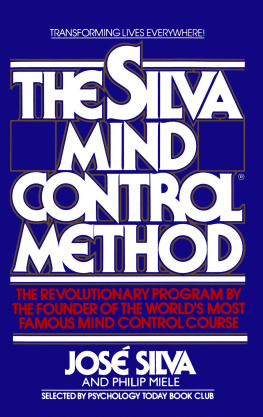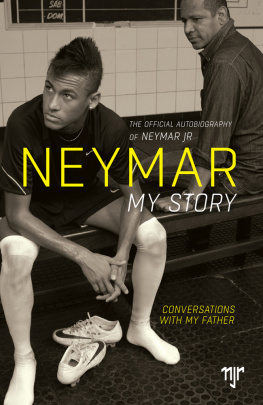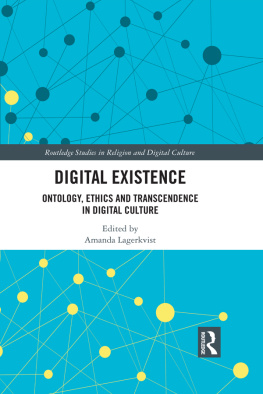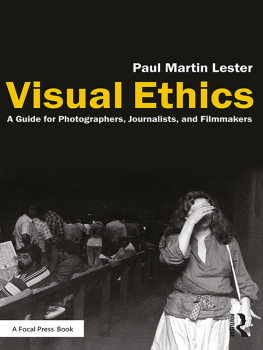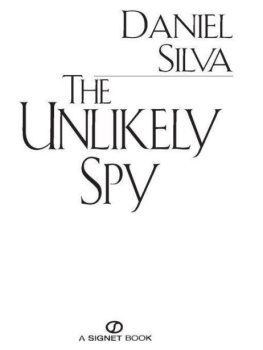
The Ethics of Photojournalism in the Digital Age
Delving into the complexities of contemporary reportage, this book draws from moral philosophy and histories of photojournalism to understand the emergence of this distinct practice and discuss its evolution in a digital era.
In arguing that the digitization of photography obliges us to radically challenge some of the traditional conceptions of press photography, this book addresses the historic opposition between artistic and journalistic photographs, showing and challenging how this has subtly inspired support for a forensic approach to photojournalism ethics. The book situates this debate within questions of relativism over what is moral, and normative debates over what is journalistic, alongside technical debates as to what is possible, to underpin a discussion of photojournalism as an ethical, moral, and societally important journalistic practice. Including detailed comparative analyses of codes of ethics, examination of controversial cases, and a study of photojournalism ethics as applied in different newsrooms, the book examines how ethical principles are applied by the global news media and explores the potential for constructive dialogue between different voices interested in pursuing the best version of photojournalism.
A targeted, comprehensive, and engaging book, this is a valuable resource for academics, researchers, and students of photojournalism, as well as philosophy, communications, and media studies more broadly.
Miguel F. Santos Silva is an assistant professor at the Blanquerna School of Communication and International Relations of the Ramon Llull University, Barcelona. His main academic research activity focuses on media ethics and contemporary thought. Miguel is a member of the editorial board of the Journal of Applied Journalism and Media Studies.
Scott A. Eldridge II is an assistant professor with the Centre for Media and Journalism Studies at the University of Groningen, Netherlands. He is the author of numerous studies on digital change and the journalistic field, including the book Online Journalism from the Periphery: Interloper Media and the Journalistic Field (2018). He is an associate editor of Digital Journalism, and co-editor with Bob Franklin of The Routledge Companion to Digital Journalism Studies (2017) and The Routledge Handbook of Developments in Digital Journalism Studies (2019).
First published 2020
by Routledge
2 Park Square, Milton Park, Abingdon, Oxon OX14 4RN
and by Routledge
52 Vanderbilt Avenue, New York, NY 10017
Routledge is an imprint of the Taylor & Francis Group, an informa business
2020 Miguel F Santos Silva and Scott A Eldridge II
The right of Miguel F Santos Silva and Scott A Eldridge II to be identified as authors of this work has been asserted by them in accordance with sections 77 and 78 of the Copyright, Designs and Patents Act 1988.
All rights reserved. No part of this book may be reprinted or reproduced or utilised in any form or by any electronic, mechanical, or other means, now known or hereafter invented, including photocopying and recording, or in any information storage or retrieval system, without permission in writing from the publishers.
Trademark notice: Product or corporate names may be trademarks or registered trademarks, and are used only for identification and explanation without intent to infringe.
British Library Cataloguing in Publication Data
A catalogue record for this book is available from the British Library
Library of Congress Cataloging-in-Publication Data
Names: Santos Silva, Miguel F. (Miguel Franquet), author. | Eldridge, Scott A., II, author.
Title: The ethics of photojournalism in the digital age / Miguel F. Santos Silva and Scott A. Eldridge II.
Description: London ; New York : Routledge, 2020. | Includes bibliographical references and index.
Identifiers: LCCN 2019048441 (print) | LCCN 2019048442 (ebook) | ISBN 9781138586291 (hardback) | ISBN 9781138586307 (paperback) | ISBN 9780429504686 (ebook)
Subjects: LCSH: PhotojournalismMoral and ethical aspects. | Journalistic ethics.
Classification: LCC TR820 .S2457 2020 (print) | LCC TR820 (ebook) | DDC 070.4/9dc23
LC record available at https://lccn.loc.gov/2019048441
LC ebook record available at https://lccn.loc.gov/2019048442
ISBN: 978-1-138-58629-1 (hbk)
ISBN: 978-1-138-58630-7 (pbk)
ISBN: 978-0-429-50468-6 (ebk)
This book is the end result of a series of conversations over the past several years between the authors, dialogues which began in Sheffield, England. As with any book-length study, the work ahead has benefited from the support of a number of colleagues, alongside our families and friends.
For Miguel:
I am deeply grateful to Jairo-Lugo Ocando for his bibliographical advice, insightful observations, and for having encouraged me to do my research stay at the University of Sheffield. It was in Sheffield that I first met Scott, in 2013, when both Jairo and Scott taught at the Department of Journalism Studies. This book owes its existence to both of you.
I am also grateful to my dear colleagues Ana Beriain Baares and Svein Brurs, for the time and knowledge dedicated to our research project on the representation of refugees in the Spanish and Norwegian press and for allowing me to include our most recent study in this book.
A very warm thank you is also due to my colleagues from the Blanquerna School of Communication and International Relations, especially to Carlos Ruiz Caballero, Miquel Tresserras, Ferran Sez, Ignasi Boada Sanmartin, and Sandra Balsells for welcoming me to the Catalan academia when I first arrived from Lisbon and for their constant support, bibliographic advice, and the many insightful conversations. Thank you.
I am also grateful to my former philosophy teachers from the Universidade Catlica Portuguesa for all their patience and devotion to teaching and for having always helped me with the right word, the precise bibliographic reference, and the challenging idea: Carlos Morujo, Joaquim de Sousa Teixeira, Joaquim Cerqueira Gonalves, Jos Rosa, Antnio Campelo Amaral, and Carlos H. Carmo Silva.
Finally, my most sincere gratitude and heartfelt appreciation to my family, my close friends, and especially to my son Eduardo for their immense generosity and endless support.
For Scott:
First and foremost, I am grateful to Miguel for welcoming my voice into this project. In the best spirit of collaboration, the process of designing and writing this book reflects a coming together of two discrete ways of thinking about the same subjects, with each author learning from the other. As with Miguel, I would like to thank Jairo Lugo-Ocando who, as my PhD supervisor, and knowing I had worked as a photojournalist early in my career, first introduced me to Miguel and encouraged us to collaborate on this book. He also gave me the first opportunities to teach and write scholarly work on photojournalism.
I would also like to thank colleagues at the University of Sheffield and at the University of Groningen who have offered support as this project has come together over the years. Thanks to Martin, John, and Marcel in particular for their support, and to Rik who listened over many cups of coffee as I narrated my thought processes.



